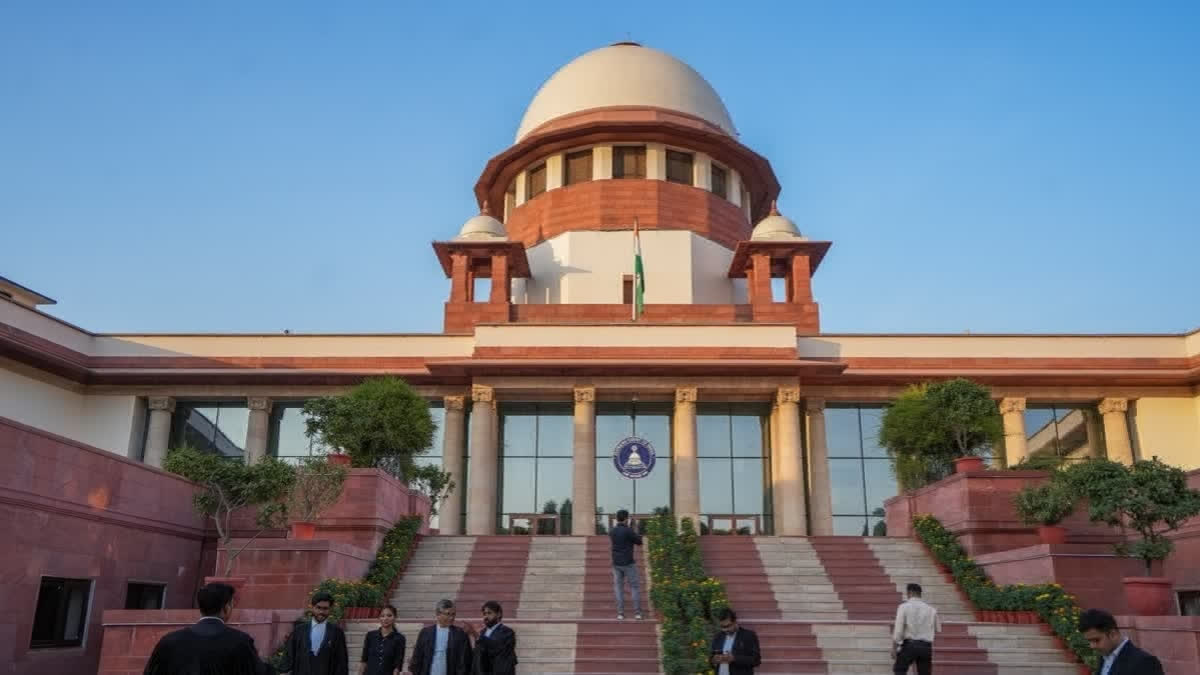New Delhi:The Assam government on Tuesday informed the Supreme Court that the 2014 guidelines for investigating police encounters were duly followed and added that it results in demoralisation of security forces when they are targeted unnecessarily.
The matter was heard by a bench led by Justice Surya Kant and comprising Justices N Kotiswar Singh. After hearing detailed submissions, the bench reserved the verdict on a plea seeking an independent investigation over 171 alleged fake police encounters in Assam between May 2021 and August 2022. The petitioner moved the apex court assailing a January 2023 order of the Gauhati High Court, which dismissed the plea over the encounters by Assam Police.
During the hearing, Solicitor General Tushar Mehta, representing the Assam government, contended that the apex court’s guidelines for the investigation of police encounters in the 2014 case of PUCL v. Maharashtra were being "followed to the hilt". Mehta also questioned the bonafide of the petitioner Arif Md Yeasin Jwadder.
Mehta stressed that unnecessary targeting may have a demoralising effect on security forces especially the conditions they have been working in. He drew the court's attention towards the terror activities and casualties in the security personnel.
"All the necessary protocols are followed and safeguards taken," said Mehta, adding that if security personnel are guilty, they need to be punished but if they are not guilty, then they need to be protected by the state. Advocate Prashant Bhushan, representing the petitioner, vehemently argued that the argument on the probe prompting a demoralising effect on security forces, couldn't be sustained. Bhushan said his client seeks a probe about these fake encounters by an independent committee headed by a retired judge
Bhushan stressed that for an honest officer there was nothing to be fearful about. Mehta submitted that the petitioner has presumed that all the encounters are fake while sitting in Delhi and no FIR has been lodged in these cases. Bhushan argued that there were statements of persons, who were injured in police encounters, or statements of kin of victims, indicating the encounters were fake.
The top court, earlier this month, had made it clear that it couldn't get into the merit of the alleged 171 police encounters but would only see whether its guidelines on such extra-judicial killings were duly followed. Bhushan had cited letters written by family members of the victims or those injured in these encounters and said the 2014 guidelines were grossly violated.
